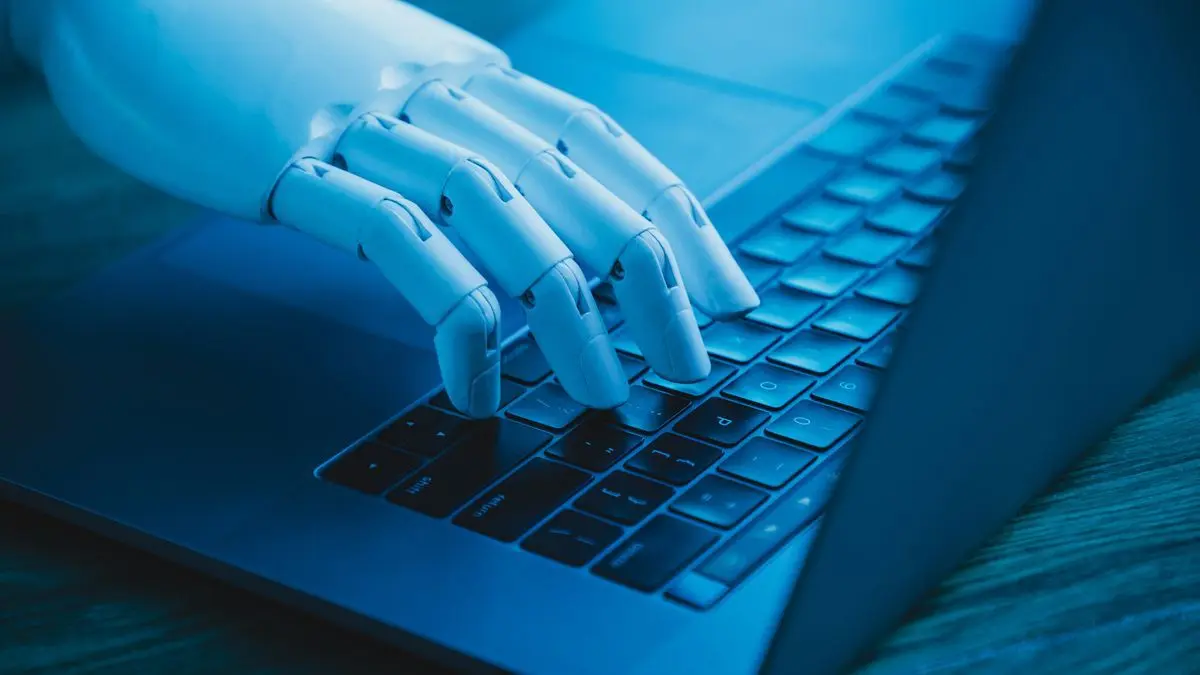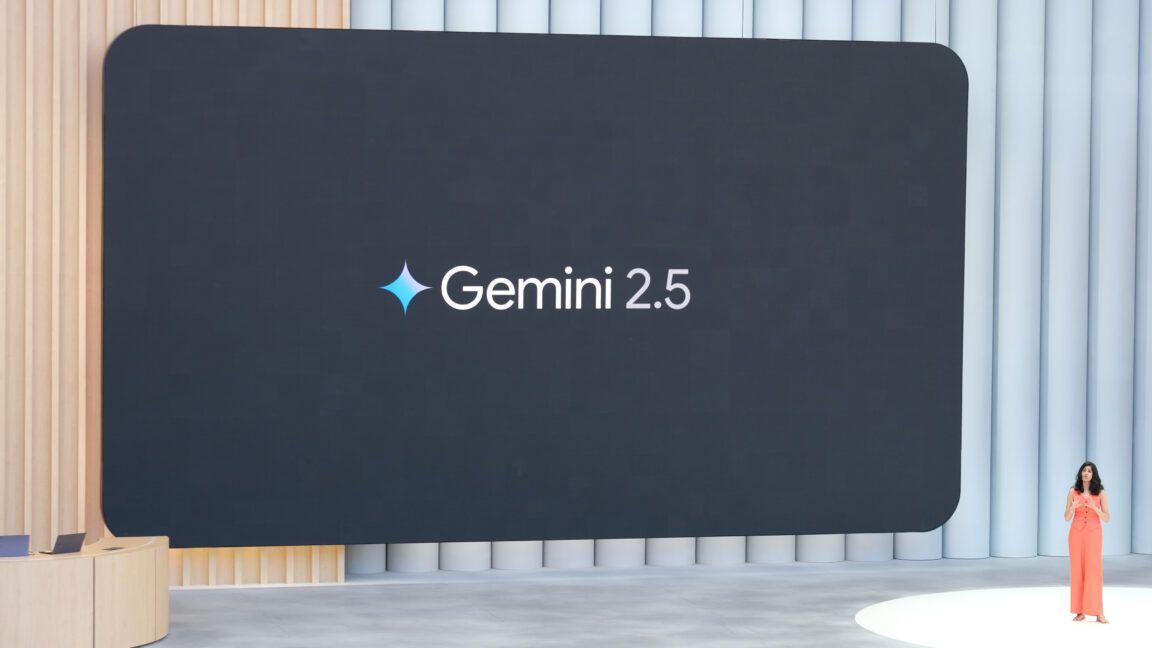Human Coder Narrowly Beats OpenAI Model in World Championship, Signaling AI's Rapid Progress
3 Sources
3 Sources
[1]
Competition shows humans are still better than AI at coding - just
Przemysław Dębiak, who beat OpenAI at world finals, says he may be last human to win due to incredible pace of technological progress Computers have taken the crown in chess, Go and poker, but when it comes to competitive coding, humans still have the edge - just. Earlier this month Przemysław Dębiak, a Polish coder and mind sports champion, narrowly clinched a victory over OpenAI's entrant in the AtCoder World Tour Finals 2025, in Tokyo. However, the elite coder, who goes by the online name Psyho, predicts he may be the last human to win the prestigious title due to the incredible pace of technological progress. "That's probable," said Psyho, 41, who previously worked at OpenAI before retiring five years ago. "I would prefer not, mostly because I like these competitions and knowing there's this magical entity that can do it better than me would be a little bit frustrating." There is an irony, Psyho acknowledged, that coders have contributed to their own professional demise. "Before the contest, I tweeted 'Live by the sword, die by the sword'," he said. "I helped developing AI and I would be the one who would be the loser of the match. Although I won, in the end, for now." The AtCoder euristic division included 11 human participants (invited on the basis of world rankings) and a coding algorithm designed by OpenAI, which finished in second place, 9.5% behind Psyho's winning score. Sam Altman, OpenAI's CEO, tweeted his congratulations. The 10-hour contest involves solving a complex optimisation problem. A classic in the genre is the "travelling salesman problem", where the salesman needs to figure out the shortest possible route between multiple cities, each visited once. Typically, these problems are simple to state, but finding an optimal solution is computationally very complex. And so, while ChatGPT is now routinely used to write boilerplate code, the AI's performance on an open-ended logic problem will be viewed as impressive. "At the current state, humans - top humans, to be clear - are still much better at reasoning and solving complex problems," said Psyho. But humans are "bottlenecked" by how quickly they can type code, while an AI can try out lots of small adjustments very rapidly. "The model is like cloning a single human multiple times and working in parallel," he said. "AI might not be the smartest right now but it's definitely the fastest. And sometimes multiplying a single average person many many times produces a better result than a single, special human being." The result comes as major tech companies, including Meta and Microsoft, are turning to AI to write software code. Dario Amodei, the Anthropic CEO, warned in May that AI could take 20% of white-collar jobs in the next one to five years. "Every profession has this right now, more or less," said Psyho. "Some people have it coming right now - all of the white collar jobs. For manual jobs, robotics is lagging by several years." Like many in the industry, Psyho is ambivalent about the potential impact of ever more powerful AI models. "We have a tonne of issues," he said. "Disinformation, social impact, humans not having a purpose in life. Historically society moves at a very slow pace. Technological progress right now is moving at a faster and faster and faster pace."
[2]
Human wins coding contest ... but AI finishes a close second
"Humanity has prevailed (for now!)," so said Polish programmer Przemysław Dębiak after emerging victorious in a coding contest whose competitors included an advanced AI model created by AI giant OpenAI. Dębiak, who happens to be a former employee of OpenAI, was showing off his programming skills at the AtCoder World Tour Finals held in Tokyo last week. Recommended Videos The 10-hour session left the Pole, who competed under the name Psyho, feeling "completely exhausted" and "barely alive," according to a post on X. As for the AI model, well, presumably it felt just fine and could've carried on without complaint. It's believed to be the first coding contest to have allowed the participation of an AI model, with the technology gaining prominence for its rapidly improving programming smarts. OpenAI's AI model participated as part of a special "Humans vs AI" exhibition match conducted within the Heuristic division of the contest. Called OpenAIAHC, the AI model took on 12 top-ranking human programmers -- with Dębiak among them -- on a 10-hour optimization challenge. The Polish programmer managed to finish in first place by a margin of just over 9%, with the AI placing second -- ahead of all of the other human contestants. Interestingly, Dębiak said in comments after the contest that it was the AI model's presence that motivated him to keep going, as he could see during the match-up that he was just ahead of the model, and he very much wanted to keep it that way. Without the AI's participation, his score would have been "much, much lower," Dębiak told Business Insider. The AI's impressive performance is a clear demonstration that advanced AI is making real progress when it comes to edging out the world's best human programmers in open-ended, creative problem-solving tasks. Indeed, it's hard to think that it won't come out on top at next year's contest ... if it's invited back, that is.
[3]
'Humanity has prevailed (for now!)' says former OpenAI employee, admitting he's 'barely alive' after beating one of its AI models in a coding world championship fight
While it might seem like AI models are rapidly overtaking the endeavours of squishy human beings, it appears some hope of staying ahead of our AI overlords may remain. And in this case, that hope is personified by Przemysław Dębiak, a former OpenAI employee who has narrowly beaten one of the company's models in a coding world championship. Dębiak was competing in the AtCoder World Tour Finals 2025 Heuristic contest in Tokyo last week, pitting his coding skills against not only multiple human competitors, but OpenAI's "OpenAIAHC", a custom simulated reasoning model similar to OpenAI o3 (via Ars Technica). The competition involved contestants solving a complex optimisation problem over a 10-hour period, before being scored on their achievements. The participants were allowed to solve the problem using any programming language available at AtCoder, although they were limited to identical hardware and a mandatory five-minute wait between coding submissions. Dębiak, competing under the name "Psyho", earned a final score of 1,812,272,588,909, placing him top of the leaderboard and trouncing the AI, which scored 1,654,675,725,406, earning it a second-place finish. Taking to X to celebrate his achievement, Dębiak proudly announced, "Humanity has prevailed (for now!)", but admitted the competition had taken its toll: "I'm completely exhausted. I figured, I had 10 [hours] of sleep in the last three days and I'm barely alive." OpenAI, however, seems quite happy with its model's silver-medal achievement. Speaking to Ars Technica, a company spokesperson said: "Models like o3 rank among the top 100 in coding/math contests, but as far as we know, this is the first top-three placement in a premier coding/math contest. Events like AtCoder give us a way to test how well our models can reason strategically, plan over long time horizons, and improve solutions through trial and error -- just like a human would." Officially, OpenAI might be correct. However, it's worth noting that two Google DeepMind systems, AlphaProof and AlphaGeometry 2, earned themselves a silver-medal-equivalent score in one of the world's hardest maths competitions last year, although neither model officially entered into the competition itself. This particular competition is believed to be the first time an AI model has directly competed against human programmers in a coding contest, and while I don't want to knock Dębiak's achievement, it's pretty impressive that the machine came in second place. That probably doesn't bode well for the future of human coding competitors, as while programmers are inevitably improving their skills, the immense speed of AI development is likely to mean it won't be long before AI models are topping the leaderboards in similar competitions. For now, though, the champagne bottle and winner's laurels are firmly in Dębiak's hands, although being a coding competition, it was probably an energy drink followed by an eventual lie-down. Chalk another one up for humanity, though -- we've still got it where it counts. Just about, I reckon.
Share
Share
Copy Link
Former OpenAI employee Przemysław Dębiak wins the AtCoder World Tour Finals 2025, narrowly defeating an AI model. The close competition highlights the rapid advancement of AI in complex problem-solving and coding tasks.
Human Coder Clinches Victory in Landmark AI vs Human Competition
In a groundbreaking contest that pitted human intellect against artificial intelligence, Polish programmer Przemysław Dębiak, known online as "Psyho," emerged victorious at the AtCoder World Tour Finals 2025 held in Tokyo. The competition, which included an AI model developed by OpenAI, marked a significant milestone in the ongoing narrative of human-AI competition in complex problem-solving tasks
1
.
Source: Digital Trends
The Competition: Humans vs AI
The 10-hour contest involved solving a complex optimization problem, similar to the classic "travelling salesman problem." Dębiak, a former OpenAI employee, narrowly clinched the victory with a score of 1,812,272,588,909, surpassing OpenAI's model "OpenAIAHC" by 9.5%
2
.The AI model's impressive second-place finish, ahead of all other human contestants, demonstrates the rapid progress of AI in tackling open-ended, creative problem-solving tasks. This performance is particularly noteworthy as it marks the first time an AI model has directly competed against human programmers in a premier coding contest
3
.The Human Champion's Perspective
Dębiak, 41, acknowledged the irony of potentially being the last human to win such a prestigious title, given his past involvement in AI development. "Live by the sword, die by the sword," he tweeted before the contest, recognizing the role of coders in advancing AI technology that may ultimately surpass human capabilities
1
.The Polish coder admitted to being "completely exhausted" and "barely alive" after the intense competition, highlighting the physical and mental toll of the 10-hour challenge. Interestingly, Dębiak credited the AI's presence for motivating him to maintain his lead throughout the contest
2
.
Source: PC Gamer
Related Stories
AI's Rapid Progress and Future Implications
While humans still maintain an edge in reasoning and solving complex problems, the gap is narrowing rapidly. Dębiak pointed out that humans are "bottlenecked" by typing speed, whereas AI can quickly test numerous small adjustments
1
.OpenAI expressed satisfaction with their model's performance, stating, "Models like o3 rank among the top 100 in coding/math contests, but as far as we know, this is the first top-three placement in a premier coding/math contest"
3
.Broader Implications for the Tech Industry
The close competition raises questions about the future of coding and other white-collar professions. Major tech companies like Meta and Microsoft are increasingly turning to AI for software development. Anthropic CEO Dario Amodei warned that AI could take 20% of white-collar jobs in the next one to five years
1
.As AI continues to advance at an unprecedented pace, the tech industry and society at large must grapple with the potential impacts on employment, skill development, and the very nature of human-machine interaction in problem-solving domains.
References
Summarized by
Navi
[2]
Related Stories
AI Models Outperform Humans in Elite Coding Competition, Marking Milestone Towards AGI
17 Sept 2025•Technology

AI's Rapid Advancement in Coding: Reshaping the Future of Software Development
12 Mar 2025•Technology

OpenAI's SWE-Lancer Benchmark Reveals Limitations of AI in Software Engineering Tasks
19 Feb 2025•Technology

Recent Highlights
1
ByteDance's Seedance 2.0 AI video generator triggers copyright infringement battle with Hollywood
Policy and Regulation

2
Demis Hassabis predicts AGI in 5-8 years, sees new golden era transforming medicine and science
Technology

3
Nvidia and Meta forge massive chip deal as computing power demands reshape AI infrastructure
Technology





